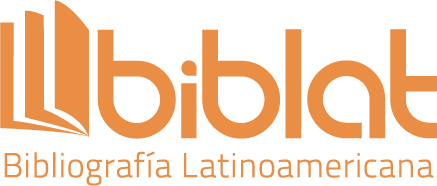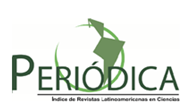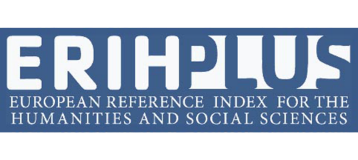Effects of a self-regulating writing course on academic text production in a PhD and Master sample
DOI:
https://doi.org/10.37511/tesis.v16n1a1Resumen
Objective: This article presents the results of a study with an experimental design; whose objective was to examine the effects of a virtual learning environment focused on the self-regulation of writing on the development of self-regulation and academic writing skills. Background: The course design presented here is based on the idea that writing should be taught as a process, not as a product, which requires training students in the use of cognitive and metacognitive strategies. For this reason, the course set out to increase two skills: 1) the ability to self-regulate academic text writing process and 2) metacognitive awareness. Methodology: In an experimental design, 46 master and doctoral students participated in the 12 – week course, designed to be implemented in an online modality, through the Moodle learning management system. Given the self-regulating nature of this intervention proposal, didactic tools were created enabling the subject to identify and learn about their own processes and the resources they usually employ to develop writing tasks. To that end, the course has two specific strategies: a self-regulating writing scaffolding (SWS) and different tools to increase metacognitive awareness (IMA). The effects of these strategies were observed separately and combined. Results: A first aspect to consider with respect to the effects of the SWS on factors associated with self-regulation is the increase in motivation at the end of the intervention, this, by incorporating strategies such as the explicit formulation of goals, self-evaluation and the explanation of the usefulness and functionality of the task. Regarding achievements reached in improving writing, the SWS also proves to be the most effective for this purpose. Modelling specific behaviours such as choosing specific objectives for the writing task, the formulation of a defined and explicit plan, monitoring behaviours, self-evaluation and self-reinforcement are determinants to reach higher levels of writing.
Descargas
Descargas
Publicado
Número
Sección
Licencia

Esta obra está bajo una Licencia Creative Commons Atribución-NoComercial-













